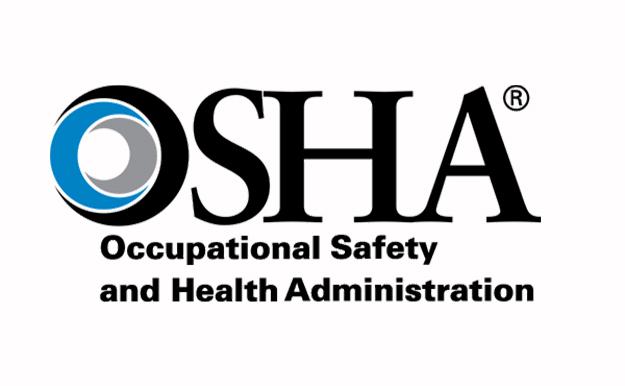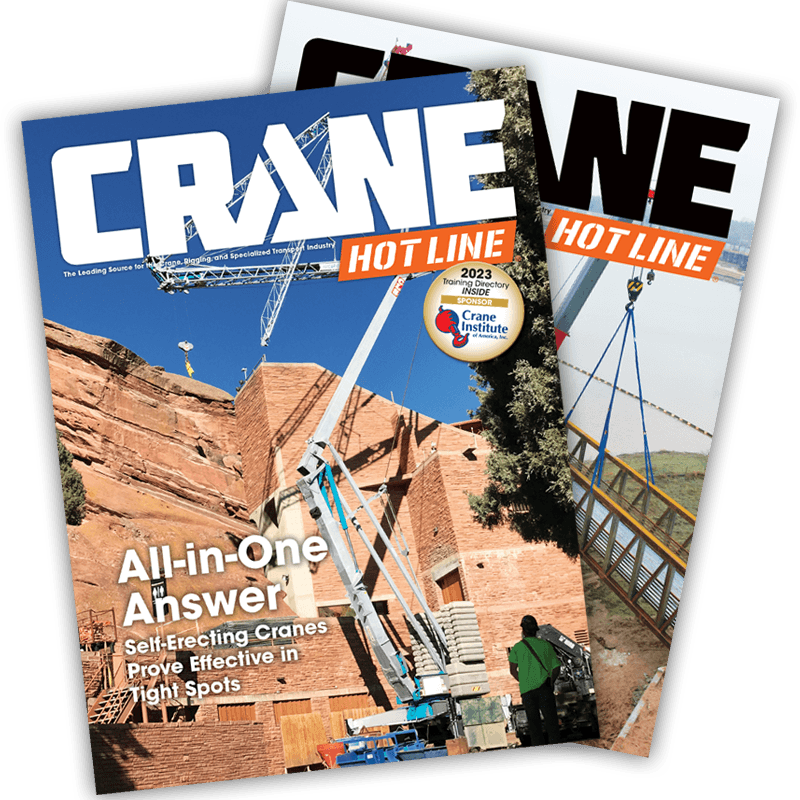OSHA Issues Final Rule on Crane Operator Certification
 |
November 11, 2018 - OSHA has finalized and published the crane-operator-in-construction certification rule that specifies federal requirements for crane operator certification and evaluation.
The workplace safety regulator published the Final Rule in the Federal Register on November 9.
The regulation affects operators of cranes that have capacities of 2,000 lbs. or more and are working in construction.
Operators need to be certified only by type of crane, although by type and capacity is all right, too.
The certification must come from a nationally accredited certification organization like the National Commission for the Certification of Crane Operators (NCCCO), Crane Institute Certification (CIC), or NCCER (formerly the National Center for Construction Education and Research).
But certification is only the first part of the equation.
To be fully qualified, an operator also must be trained and evaluated by his or her employer.
The second part of the new Final Rule requires employers to train and evaluate operators to make sure they can safely operate the crane they will be running in the environment where they will be working.
Employers had until November 10, 2018, to have their operators certified, but have until February 7, 2019, to evaluate them as fully qualified.
Operators who haven’t completed both certification and successful evaluation can work as operators-in-training under the supervision of a trainer.
However, an operator-in-training may not:
• Operate a crane when any part of the crane, load line, or load could come within 20’ of a power line of 350kV or less, or within 50’ of a power line of more than 350kV.
• Hoist people.
• Be part of a multi-crane lift.
• Lift over a shaft, cofferdam, or tank farm.
• Be part of multiple-lift rigging operations (unless the trainer deems the operator-in-training has the needed skill).
Also, OSHA has now made employers responsible for the cost of certifying, training, and evaluating crane operators.
The training must develop in the operator-in-training the skills and knowledge to recognize risk and operate a crane safely for the assigned work. Components of the evaluations are spelled out in Section 1926.1427(f) – Evaluation.
Operators who have been evaluated and found qualified in the past need not be re-evaluated until their performance indicates they need it, or until their mandatory five-year re-evaluation comes due.
The Final Rule is available online at https://federalregister.gov/d/2018-24481, and on govinfo.gov. For more information and clarification, check out the OSHA FAQs on OSHA.gov, and visit NCCCO.org/employerguides for NCCCO’s three excellent guides on how the new final rule affects crane operator certification, training, and evaluation.


